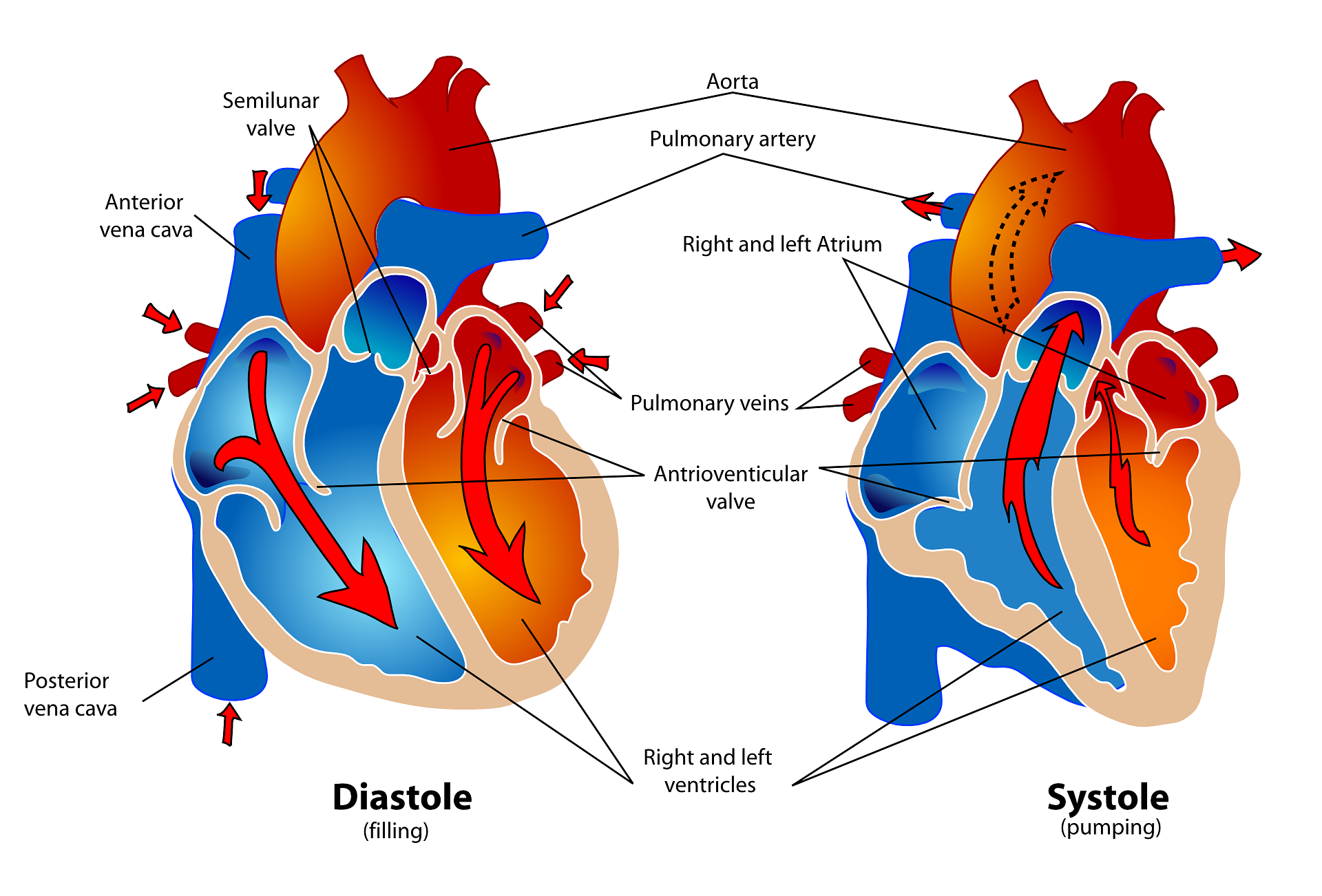No products in the basket.
First aid video call
Call ChatIt is a field of internal medicine that specializes in treating cardiovascular diseases using internal medicine methods. Some common diseases in this Department include coronary artery disease, myocardial infarction, heart valve disease, myocarditis, heart failure, and heart rhythm disorders. Symptoms which are high blood pressure, low blood pressure, dizziness, angina, and chest pain are mainly complained by patients. Therefore, cardiovascular internal medicine is a medical department responsible for the diagnosis and treatment of heart disease and vascular disease, as well as the prevention of cardiovascular disease.

The cardiovascular system transports various chemicals, including oxygen, nutrients, hormones, and antibodies, to cells through the heart, which pumps blood, which accounts for about 8% of our body. Carbon dioxide generated through metabolism is transported to the lungs and other substances. Waste products are transported to excretory organs such as urine and feces. The fist-sized heart moves 7,000 liters of blood per day by pumping and transports blood to each part of the body through blood vessels that are 80,000 km long for an adult.
A normal adult heart beats approximately 100,000 times a day and beats 2.5 billion times in a lifetime, so if a person develops heart disease, abnormalities occur not only in the heart’s metabolism but also in the metabolism of the entire body. Therefore, it can be said that the normal function of the coronary arteries surrounding the heart has the greatest impact on the health of the heart and the entire body.
The World Health Organization (WHO) reports that cardiovascular disease (CVD) was the leading cause of dead, which accounts for 30% of deaths globally in 2008, of which more than three-quarters come from coronary artery disease and stroke. Heart disease causes abnormalities in not only the heart’s metabolism but also the metabolism of the entire body. The persistent imbalance in the oxygen supply to the myocardium, which is in charge of heart blood flow, can result in myocardial infarction, which impairs heart muscle activity and causes arterial wall thickening and tissue degeneration. Due to heart and vascular system dysfunction, arteriosclerosis results in loss of elasticity, high and low blood pressure that is outside of the normal blood pressure range (120/80 mmHg). Symptoms of dizziness accompanying stroke and chest pain occur due to insufficient blood supply to the heart. In cardiovascular medicine, breathlessness is another common disease. Aggravating factors for these diseases include smoking, being overweight, lack of exercise, hypercholesterolemia, high blood pressure, and failure to control diabetes.
